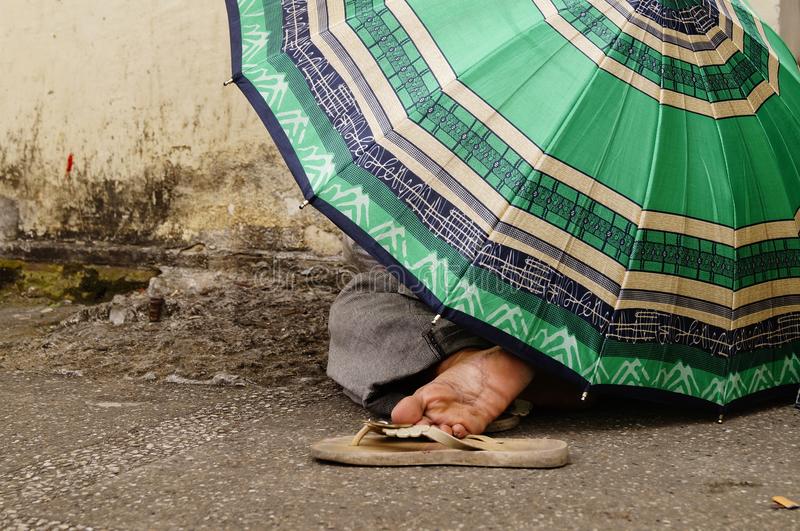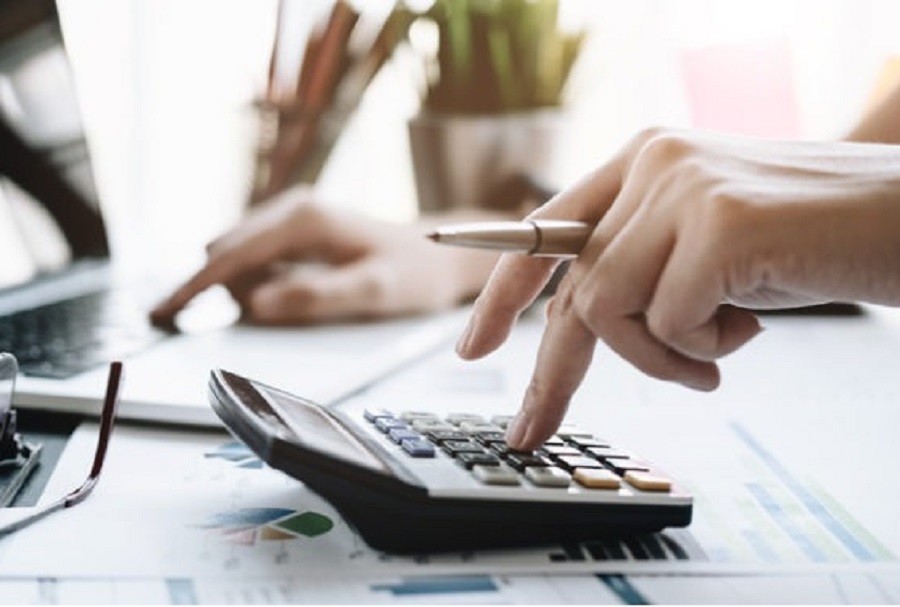RIO DE JANEIRO, BRAZIL – More than half of the Brazilians – precisely 53% – could cover their own expenses for, at most, three months without borrowing money if they lost their main source of income. There is one further detail: for about 30%, the limit would be less than a month.
The data, ascertained in a survey by the Development Bank of Latin America ascertained by InfoMoney, show the vulnerability of Brazilians in a particularly difficult moment. With the Covid-19 pandemic showing no signs of abating, few have a sufficient emergency reserve to face a possible loss of income with peace of mind – or, at least, without having to expose themselves to the disease.

This was already the case during the past year. Of those interviewed in the survey, 47% said they had struggled to cover everyday costs at some point during the past 12 months. To overcome the situation, 61% of them cut back or avoided expenses that were planned. Another 47% simply had to pay their bills late.
For some people, the solution was to get rid of their assets, by taking money out of savings (29%) or selling some asset (25%). Borrowing – from a family member (20%), using a credit card (15%), or even from an informal lender (6%) – was an alternative.
“Given the context of the Covid-19 pandemic, the past year has presented difficult conditions for covering expenses, saving, and setting financial goals. Low socioeconomic levels and women are the main affected,” the study highlights.
The results of the survey “Financial Education in Brazil” are presented this Thursday (25th) in a webinar of the CVM/OCDE Educational Center, part of the Global Money Week 2021 program, an annual financial awareness campaign aimed at children and young people. In Brazil, the event is coordinated by the Securities and Exchange Commission (CVM).
The survey, executed by Ipsos, heard 1,200 people in December 2020. The sample was composed of 52% women and 48% men, with an average age of 40 and 41 years old, respectively.
Saving money is for the few
According to the survey, only one third of the Brazilian population managed to save money over the past 12 months. Among these people, the majority – 72% – chose to leave the money in savings or keep the money at home (43%). Only 5% said they had invested in some financial product, a smaller share even than the 15% who asked a family member to keep the money for them.
This behavior is perhaps connected to another one detected by the survey: two thirds of Brazilians say they don’t have any financial goals, such as paying for school, buying a white good, or paying off debts. Only 34% claim to have established savings goals.
“The performance of Brazilians is worse in this aspect, as 45% of Colombians and 43% of Ecuadorians have some financial goal,” says Florisvaldo Machado, inspector of the Strategy Management and Institutional Performance Division of the Securities and Exchange Commission (CVM).

Of those who have financial goals, 39% want to buy or build a house and 13%, a car. “Little relative value is attributed to empowering oneself through studies as a way to increase income or savings. Only 9% of Brazilians declared having as a goal to pay for their own studies, against 16%, 13% and 10% among Peruvians, Colombians and Ecuadorians”, points out Machado.
Low financial knowledge
Savings accounts, checking accounts and credit cards are the financial products most known and used by Brazilians. About 95% of respondents in the survey know about the savings passbook, for example, and 56% have one. The credit card, on the other hand, is known by 79% of Brazilians, and 32% own one.
The situation is different for other products. Only 22% claim to know about investments such as funds, stocks, or bonds in general – and no more than 1% of the sample say they invest in these products. The main source of information that influences Brazilians in their financial choices is advice from friends or family, cited by 46% of respondents.
The formal knowledge of Brazilians about basic financial concepts is also restricted – 52% evaluate that they know little or very little about financial matters. In practice, this is reflected in the answers to small mathematical problems included in the study, related to topics such as inflation or interest.
One example: the survey asked how much each of five siblings would receive if they had to divide an inheritance of R$1,000 equally between them – and 44% of respondents either did not know or answered the question incorrectly.
Only 13% of respondents correctly answered a question involving the concept of interest. The survey asked how much money someone who saved R$100 in a savings account with an annual yield of 2% would have after one year.

In the view of Machado, from CVM, the performance of Brazilians is not surprising, given the enormous challenges the country faces in education in general – and in financial education in particular.
“There is a huge potential for advances to be built, using financial education as a lever to strengthen other important skills for any citizen, such as being able to plan and make decisions in a conscious, well-informed and autonomous way,” he says.
Source: Infomoney

